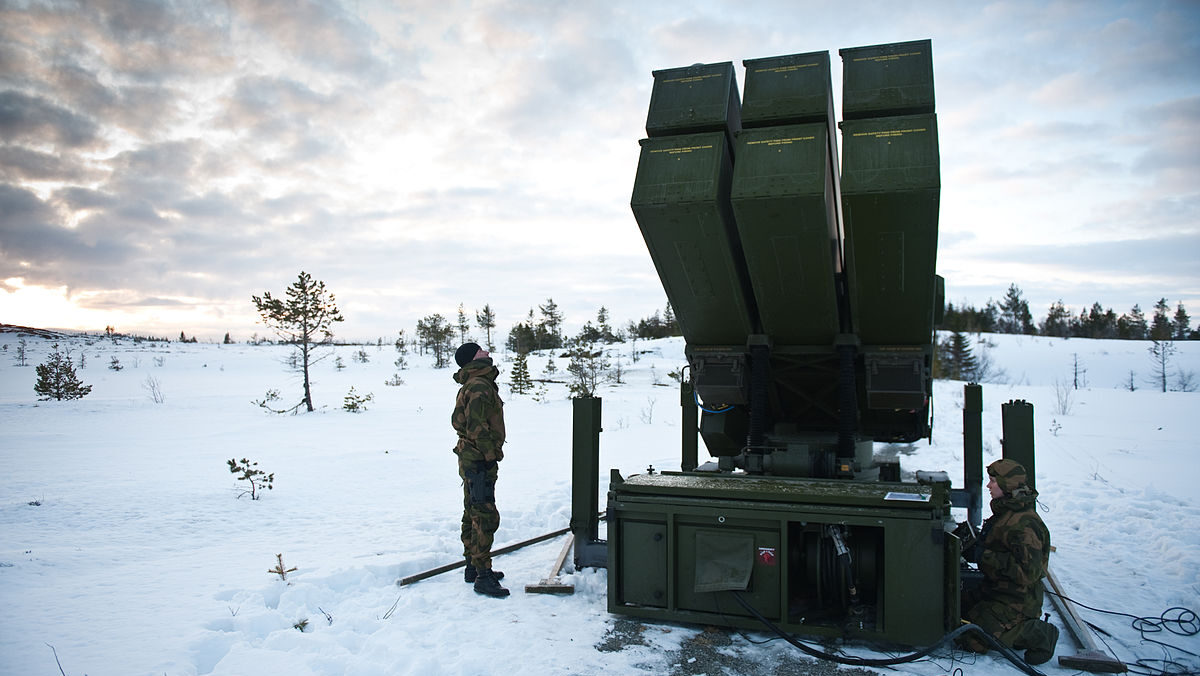Kuwait Enhances Air Defense with $400 Million Patriot Missile Upgrade
In a major step toward strengthening regional security and national defense, the U.S. Department of State has approved a potential $400 million agreement to upgrade and recertify Kuwait’s Patriot Advanced Capability-3 (PAC-3) missiles. The announcement was made by the Pentagon on April 3, 2025, and reflects deepening military ties between the United States and its long-time Gulf ally.
The Defense Security Cooperation Agency (DSCA) formally notified Congress of the potential Foreign Military Sale (FMS), which is pending final approval. The decision comes at a time of heightened tensions and increasing focus on air and missile defense systems across the Middle East.
Details of the Patriot Missile Upgrade Deal
The proposed deal will allow Kuwait to modernize its current inventory of Patriot PAC-3 missiles through extensive repair and recertification procedures. These upgrades are aimed at extending the service life of the missiles by an additional 30 years—well into the 2050s.
The recertification includes the replacement of aging or time-sensitive components, along with rigorous testing to ensure operational reliability. This process not only enhances the overall performance and readiness of the Patriot missile system but also ensures Kuwait’s capability to respond to modern aerial threats, including ballistic missiles, cruise missiles, and advanced aircraft.
RTX Corporation, formerly known as Raytheon Technologies, has been identified as the primary contractor responsible for executing the upgrades. RTX has a proven track record in missile defense systems and has been a key partner in Kuwait’s military modernization efforts for over a decade.
Why This Deal Matters for Kuwait
Kuwait’s move to invest in this substantial defense upgrade reflects its broader strategy to maintain a strong and modern military posture in an increasingly volatile region. With rising drone warfare, missile proliferation, and other asymmetric threats, reliable missile defense systems are no longer optional—they are essential.
The Patriot system has long served as a cornerstone of Kuwait’s air defense infrastructure. Capable of intercepting and neutralizing multiple types of threats, the PAC-3 system plays a crucial role in protecting critical national assets such as oil fields, energy infrastructure, and urban centers.
Upgrading these systems ensures Kuwait remains prepared to respond quickly and effectively to potential hostilities, thereby strengthening deterrence. This investment also allows Kuwait to remain interoperable with U.S. and allied forces in the region, which is key for joint operations and coordinated defense strategies.
A History of U.S.–Kuwait Defense Cooperation
Kuwait has been actively modernizing its air defense systems for over a decade, working closely with American defense companies and U.S. military advisors. In 2016, the country awarded a $523 million contract to Raytheon to upgrade its Patriot fire units to the Configuration 3+ standard. This included improved radar tracking, enhanced identification-friend-or-foe (IFF) capabilities, and more reliable communication systems.
In 2020, the U.S. State Department approved multiple sales to Kuwait, including:
- A $425 million package for Patriot program sustainment and technical support.
- A $200 million deal focused on a “repair and return” initiative for Patriot missiles.
These deals are part of a long-term effort to ensure Kuwait’s defense systems are modern, responsive, and resilient in the face of growing threats in the Gulf region.
Regional Impact and Strategic Implications
Kuwait’s missile upgrade is part of a larger regional trend, where Gulf Cooperation Council (GCC) countries are prioritizing advanced missile defense. Neighboring nations like Saudi Arabia, the United Arab Emirates, and Qatar have also invested billions into similar systems, largely driven by the threat of ballistic missiles from non-state actors and regional adversaries.
The approval of the U.S. deal also reinforces the strong strategic relationship between Washington and Kuwait. As a designated Major Non-NATO Ally (MNNA), Kuwait enjoys special defense and security cooperation privileges with the U.S., including access to military technology and joint training initiatives.
This partnership has been critical for maintaining stability in the Persian Gulf, particularly during regional crises. The U.S. maintains a significant military presence in Kuwait, including Camp Arifjan and other facilities that play a vital logistical role in regional operations.
Kuwait’s Long-Term Defense Vision
This latest move is consistent with Kuwait’s Vision 2035, a strategic plan that includes major investments in national security and defense. By boosting its air and missile defense capabilities, Kuwait is not only enhancing its own sovereignty but also contributing to the collective defense framework of the Gulf region.
The country has also been investing in cybersecurity, drone detection systems, and next-generation radar, signaling a holistic approach to national defense. These efforts are expected to continue as Kuwait balances military modernization with economic diversification.
Conclusion
The U.S. State Department’s approval of the $400 million Patriot missile upgrade for Kuwait marks a critical milestone in the country’s defense strategy. With the support of RTX and the broader U.S. defense network, Kuwait is poised to significantly enhance its ability to deter and respond to a wide array of aerial threats.
Do follow gulf magazine on Instagram
for more information click here



